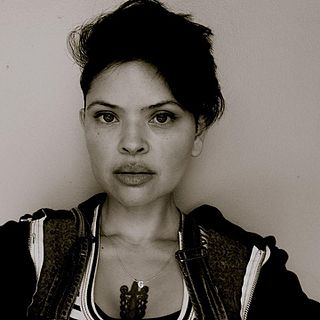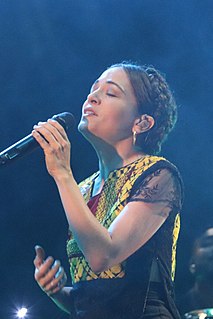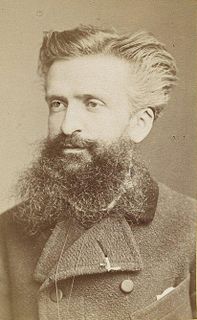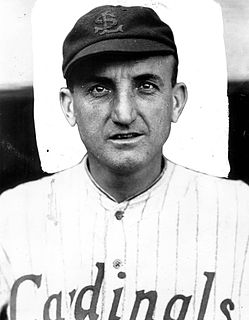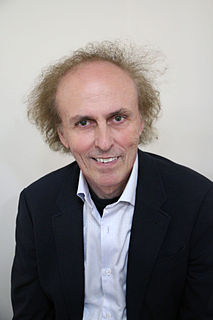A Quote by Bruce Jackson
War is big and there are only so many reporters and only so many places for their words and images to appear. Choices are made constantly.
Related Quotes
I see things in hardcopy that I miss if I only see words on screen. I do get sick of the words, but I like to see everything spread out because I get a sense of scale that is missing from screen. Going over each sentence many, many, many times gives me incredible intimacy with sentences, especially their rhythm. The rhythm and music of words matter a lot to me and it only takes one misplaced word to spoil the music.
A crowd thinks in images, and the image itself calls up a series of other images, having no logical connection with the first...A crowd scarcely distinguishes between the subjective and the objective. It accepts as real the images invoked in its mind, though they most often have only a very distant relation with the observed facts....Crowds being only capable of thinking in images are only to be impressed by images.
One of the many, many things I hate about war is how it trivializes the personal. The big themes, the broad sweep, the emergency measures, the national identity, all the things that a particular kind of man with a particular kind of power urge adores, these are the things that become important. War gives the lie to the personal, drowns it in meetings, alarms, sacrifices. The personal is only allowed to return as death.
Time is of the essence, particularly if we're sending images out on social media. The reality is that the majority of images are only viewed for a few seconds, often on a phone or computer. There are so many images freely available that it takes a lot of will power to concentrate and prolong the gaze on one picture at the expense of the thousands of others waiting to be viewed!




